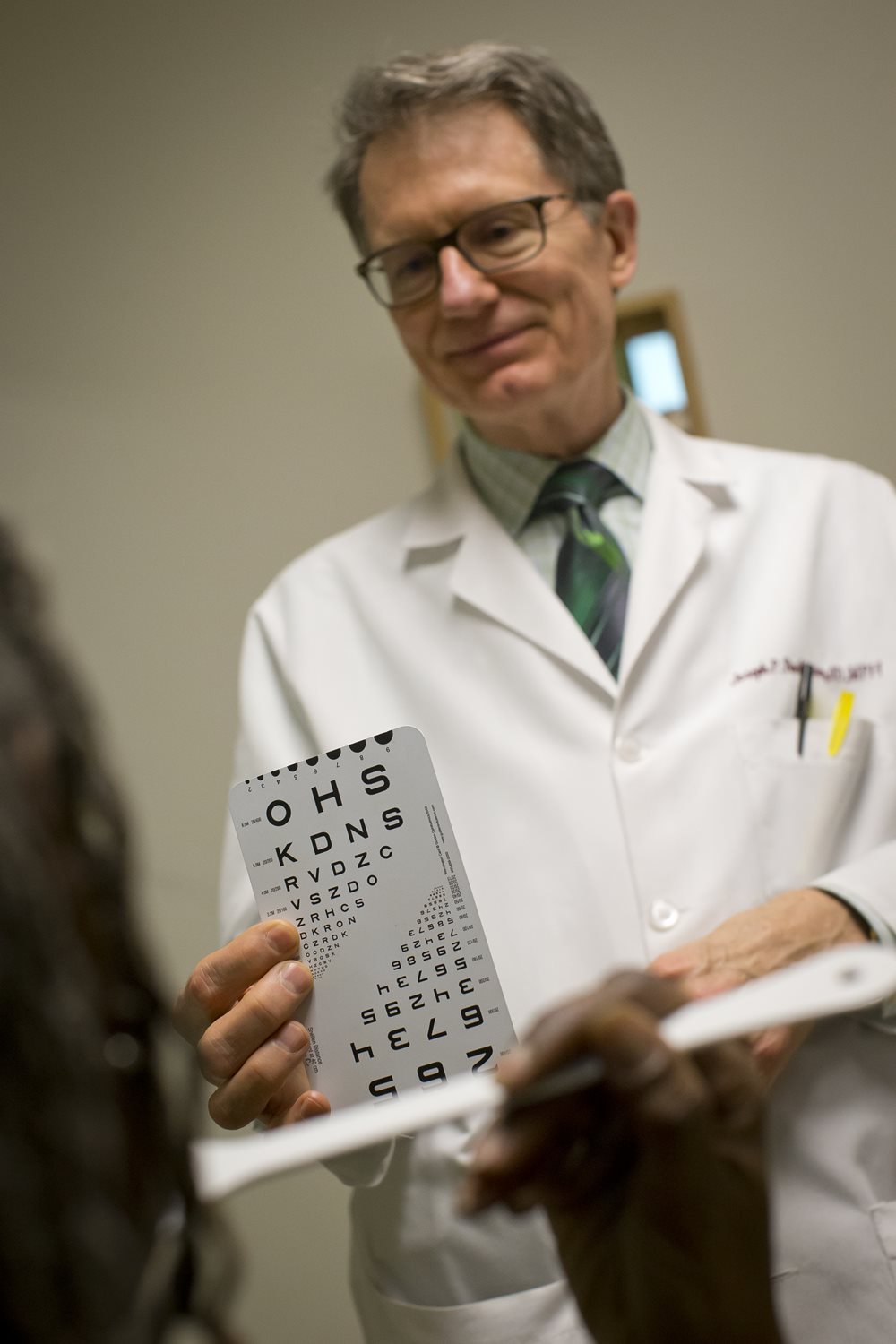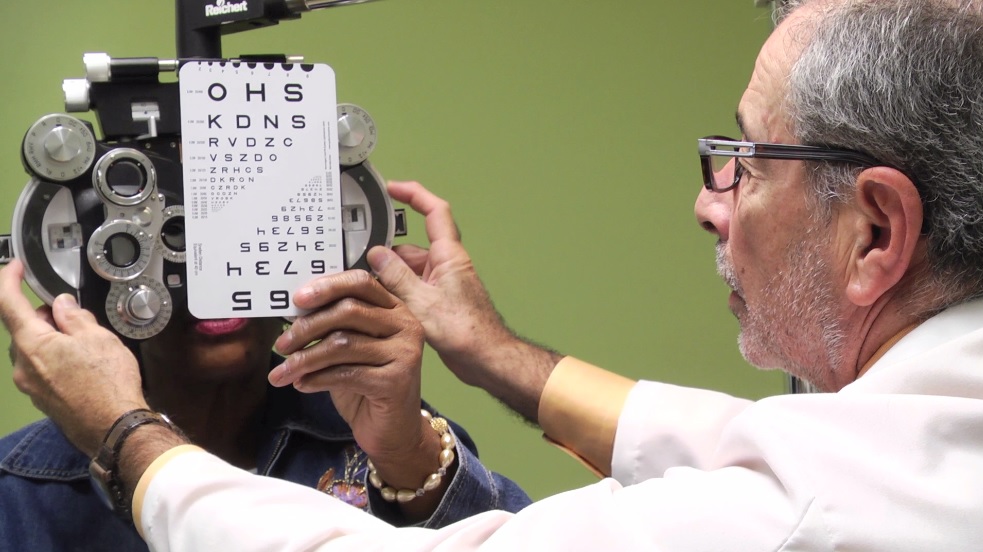Healthy Vision Month
May is Healthy Vision Month and taking care of your eyes should be a priority just like eating healthy and physical activity.
Make sure to visit an eye doctor as part of your annual preventive care routine. With a comprehensive eye exam, doctors can detect early signs of eye diseases like glaucoma and age-related macular degeneration that might not yet be causing you any symptoms. These conditions are better treated early to minimize or slow vision loss.
To keep your eyes healthy, schedule a comprehensive dilated eye exam. An eye care professional will use drops to widen the pupils to check for common vision problems and eye diseases. It’s the best way to find out if you need glasses or contacts, or are in the early stages of any eye-related diseases.
 Plus, your eyes can hold clues about other aspects of your health. Sometimes, signs of serious conditions like diabetes and high blood pressure can affect your eyes in ways that an optometrist or ophthalmologist can see during a routine exam.
Plus, your eyes can hold clues about other aspects of your health. Sometimes, signs of serious conditions like diabetes and high blood pressure can affect your eyes in ways that an optometrist or ophthalmologist can see during a routine exam.
Some eye conditions can cause vision loss and even blindness. These include:
- Cataracts, a clouding of the eye.
- Diabetic retinopathy, which causes damage to the blood vessels in the back of the eye.
- Glaucoma, damage to the optic nerve, often with increased eye pressure.
- Age-related macular degeneration, which gradually affects central vision.
Vision for All Ages
- Although older adults tend to have more vision problems, preschoolers may not see as well as they can.
- The U.S. Preventive Services Task Force recommends vision screenings and exams for all children aged three to five years to find conditions such as amblyopia, or lazy eye, which can be treated effectively if caught early.
- Just one out of every seven preschoolers receives an eye exam, and less than one out of every four receives some type of vision screening and exam.
Other eye conditions, such as refractive errors, which happen when the shape of your eye doesn’t bend light correctly, are common problems easily corrected with glasses, contact lenses, or laser surgery. An estimated 11 million Americans aged 12 years and older could see better if they used corrective lenses, or had eye surgery, if appropriate.
Eyes and Overall Health
Taking care of your eyes also may benefit your overall health. People with vision problems are more likely than those with good vision to have diabetes, poor hearing, heart problems, high blood pressure, lower back pain and strokes, as well as have increased risk for falls, injury and depression. According to the Center for Disease Control and Prevention CDC, among people aged 65 and older, 54.2 percent of those who are blind and 41.7 percent of those with impaired vision say their overall health is fair or poor. Just 21.5 percent of older Americans without vision problems reported fair to poor health.
In addition to your comprehensive dilated eye exams, visit an eye care professional if you have:

- Decreased vision
- Eye pain
- Drainage or redness of the eye
- Double vision
- Diabetes
- Floaters (tiny specks that appear to float before your eyes)
- Circles (halos) around light sources
- Flashes of light
The Eye Institute of Salus University (TEI) offers comprehensive exams for all ages. Scheduling a comprehensive eye exam at least once a year is an excellent first line of defense against eye disease but you should contact your doctor sooner if you notice any visual changes. Contact TEI to make an appointment at one of our practice locations.